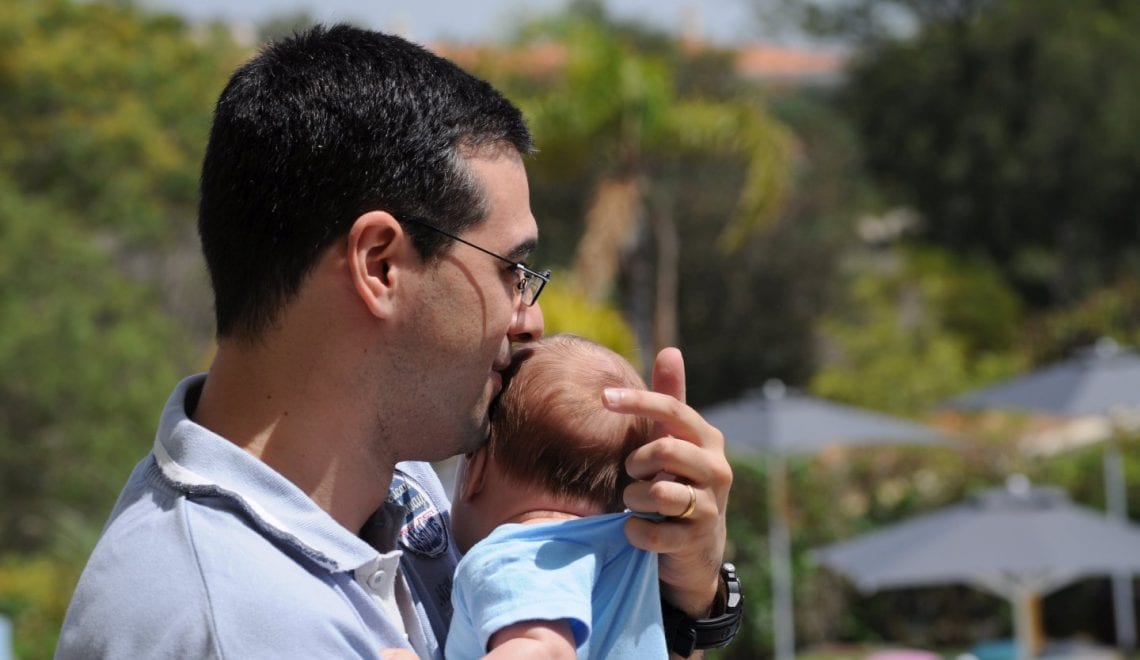Helping Your Teething Baby

It can be one of the most distressing parts of being a parent. Seeing your baby experience pain is a completely helpless feeling. It seems cruel that something so perfect and innocent should feel any type of pain. As adults we know how uncomfortable tooth-pain So when does teething start? It differs from baby to baby but according to the NHS the first teeth (milk teeth) will usually begin to emerge when your baby is about six months old. Typically the first tooth to emerge is a bottom front tooth (incisor). Some parents simply stumble upon the teeth without ever noticing that their baby was teething. On the other hand many parents will be acutely aware that their baby is experiencing teething pain. During particularly bad bouts of teething your child is likely to have rosey-red cheeks, extreme nappy rash (due to the acid produced from the gums when a tooth is emerging) and will generally be off-form or very cranky. Sometimes the worst part of all can be the extreme disruption to sleep for the entire household. Naturally in these moments all we want to do is soothe and comfort our unhappy baby. Here are some tips to do just that.
1. Teething rings and toys. There are several different types on the market. Some can be refrigerated to make them cool which will soothe your baby’s sore gums. Others are simply to encourage chewing which in itself can provide your baby with a lot of relief.
 2. Suitable medication. Depending on your babies age there may be some medicines which you can turn to for pain-relief. It is important to seek advice from your doctor or pharmacist in terms of at is suitable and in what quantity. When used responsibly these medications can provide great pain relief for your baby.
2. Suitable medication. Depending on your babies age there may be some medicines which you can turn to for pain-relief. It is important to seek advice from your doctor or pharmacist in terms of at is suitable and in what quantity. When used responsibly these medications can provide great pain relief for your baby.
3. Teething gels and granules. Some parents find these great while others do not find them very useful. There are several homoeopathic brands on the market as well as some stronger options. Again it is important to consult and take the advice from your doctor or pharmacist as to what is suitable for your baby.
4. Breastfeeding. Did you know that breast milk has natural pain-relieving properties? This may explain why your baby wants to feed a lot more when they are teething or in pain.
5. Regularly wiping your baby’s chin and face in a gentle manner will help prevent a dribble rash. When your baby is teething they will produce a lot more saliva and will tend to drool a lot more. Preventing or helping a dribble rash will ease their discomfort.
More often than not your baby will feel a whole lot better when they have been given a comforting cuddle from their parent. Teething is a very upsetting and traumatic experience for them. Knowing that their parents are right there with them provides a lot of comfort and a feeling of security.






